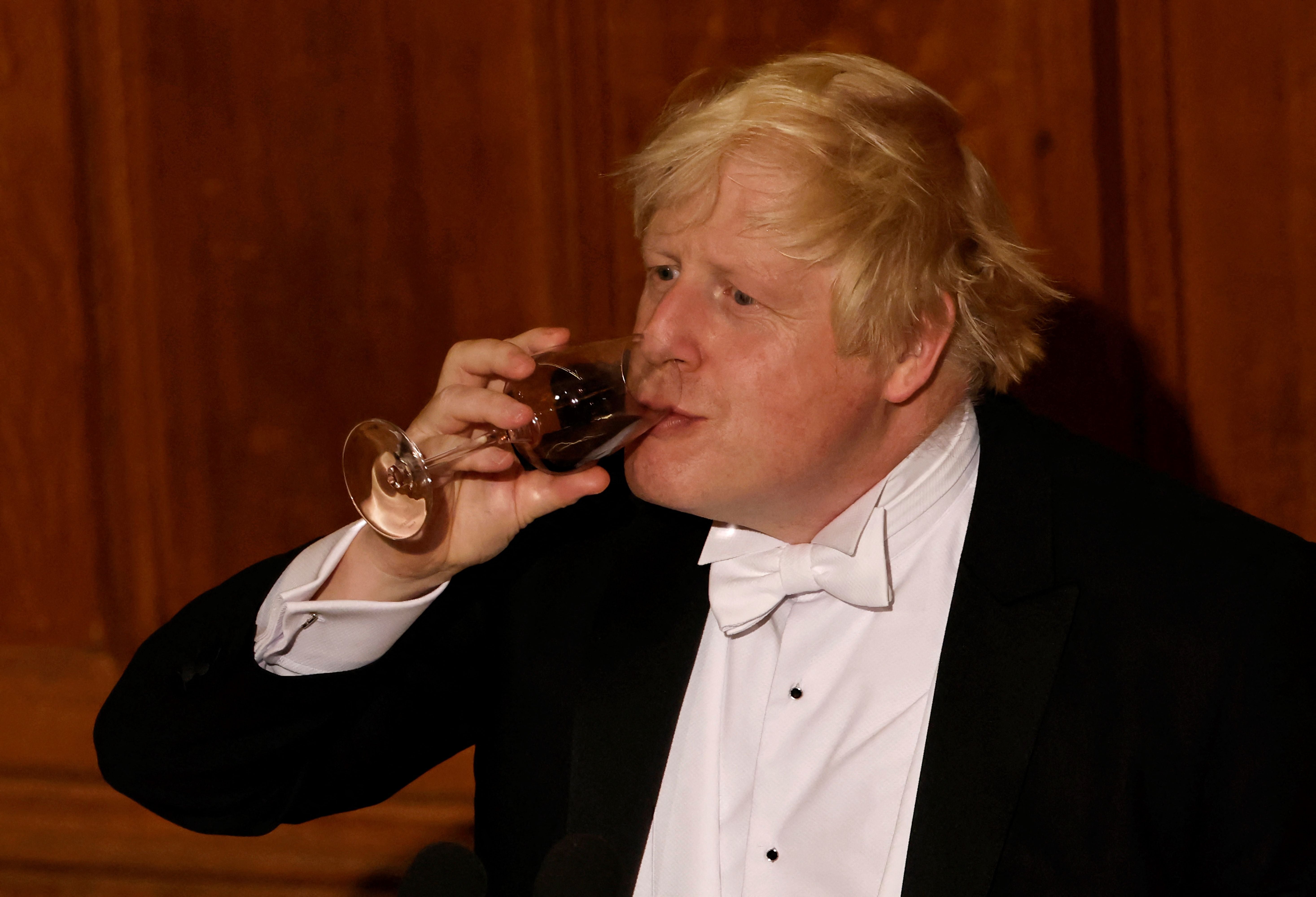Does your favourite wine also reveal how you vote?
Are you a champagne socialist or a bordeaux-swilling Tory? According to wine expert Rosamund Hall, there could be a correlation between what’s in your glass and what you put in the ballot box...


When I was president of my left-leaning student’s union, I was always keen to keep it quiet that my favourite tipple of choice was champagne – albeit snapped up from the supermarket when Heidsieck Monopole Blue top was on offer in the early noughties at £9.99 a bottle.
I mean, nobody wants to be labelled a “champagne socialist” – but why can’t socialists enjoy champagne? The very notion that if you’re privileged enough to drink champagne, you shouldn’t care about anyone or anything else is ludicrous. But I fear that many of these stereotypes endure today, and they have an impact – albeit subconsciously – on people opening themselves up to the world of wine.
People say that bordeaux is only for Tory-voting toffs (they drink burgundy when they’re feeling a bit adventurous). That you must be part of the tofu eating wokerati if you’re interested in natural or biodynamic wine. And if you enjoy prosecco? Well, you’re probably apathetic and won’t bother to vote.
Wine has always been a political subject, even if you don’t think it is. Historically, there’s been an association of the wines of Bordeaux and Burgundy with a white male of a certain background. One that’s more likely to be found in the gentleman’s clubs of St James’ than the coal faces of Yorkshire. After all, what could be more Conservative than a wine that has a hierarchical, hereditary classification system dating back to 1855 like the wines of Bordeaux do?
Wine tastes, much like political preferences, are influenced by a multitude of factors: cultural background, socioeconomic status, geographic location – but the same could be said of our politics and the complex interplay of personal experiences, influences and ideologies. In France, like much of wine producing continental Europe, wine was traditionally the drink of all the people, not just the elite.
Aristocrats and farmers alike would partake in the “litre of wine” per day – but what that wine was varied greatly. Pinot noir and chardonnay from the Eastern French region of Burgundy are now some of the most sought after and expensive wines in the world, but they have a reputation of being made by small-holding farmers, and not the wealthy aristocratic families of their Bordeaux rivals.
Traditionally speaking, the wine you drink could be interpreted as a statement of your status and political leaning. But what if, as a natural wine lover and part of the liberal elite, the wines you enjoy are as cloudy in their production as they are in the glass?
A famous “cult” producer in the natural wine movement, Jean-François Ganevat, created a huge upset when he and his sister Anne sold their estate to Russian oligarch Dmitry Pumpyansky in September 2021. The Ganevats have been growing wine since the 17th century – but, like so many French farming families, they were facing an uncertain future due to inheritance laws. Pumpyansky offered a solution. "We didn’t choose this man by chance," said Jean-François. "He’s a real enthusiast."
He may be a real enthusiast, but Pumpyansky is also in the inner sanctum of Putin, having been summoned to a meeting with the president alongside 36 other prominent Russian business owners to discuss a so-called “special military operation” on 24 Feb 2022. Pumpyansky was forced to sell off his interest in the estate after the European Union imposed sanctions on 9 March 2022. But it still leaves liberal-leaning consumers with a quandary – everything is not as it seems, even if it’s a wine that’s espousing unadulterated purity.
But here’s the thing. Wine doesn’t have to come with labels and status. The beauty of this marvellous fermented product is that it doesn’t know socio-economic divides and pursuits of elite status. Wine should be enjoyed and loved, because it is simply that – enjoyable and loveable. Wherever you sit on the political spectrum, now is the time to enjoy wine for enjoyment’s sake and nothing else.
Rosamund Hall (DipWSET) is a wine merchant and consultant
Join our commenting forum
Join thought-provoking conversations, follow other Independent readers and see their replies
Comments
Bookmark popover
Removed from bookmarks